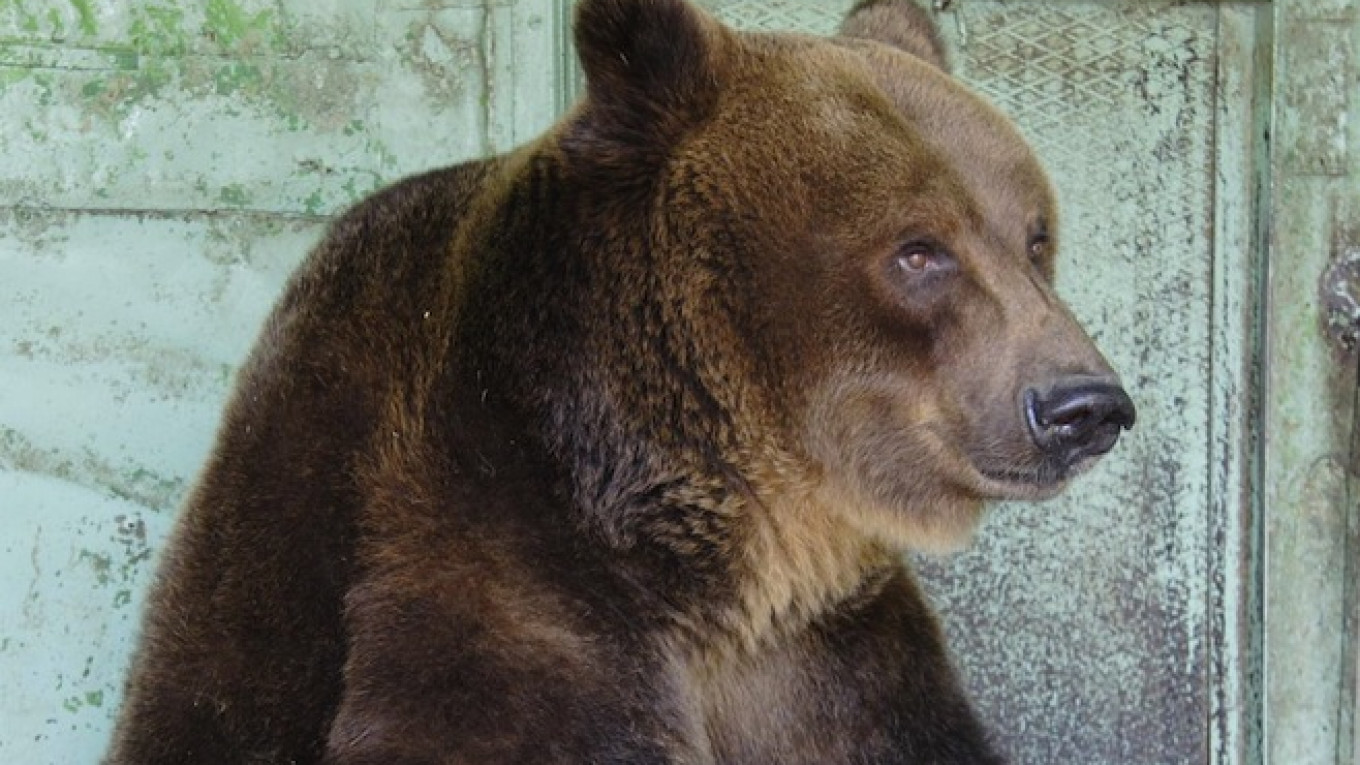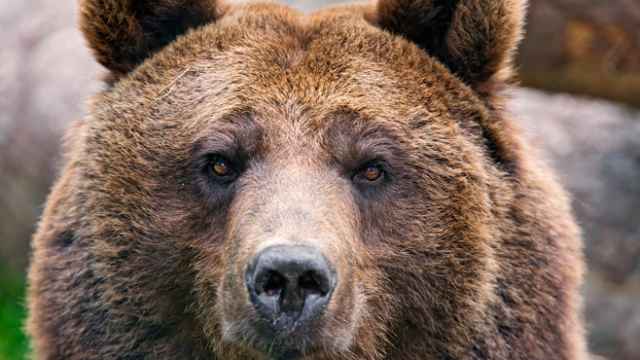The bear matriarch lived almost twice the lifespan of free-range brown bears, which average 15 to 20 years in the wild, the zoo said on its Vkontakte social network.
The report did not specify the cause of death or when Varvara would be buried.
The ursid, a favorite among visitors, had a flashy birthday party thrown for her in June, Interfax said earlier.
She was already ailing at the time and spent most of her day resting, but still showed a healthy appetite for fruit, salmon and rabbit, the report said.
Varvara was an aspirant to the title of the oldest brown bear kept in captivity — her age at the time of death roughly the equivalent of 150 years for humans.
But she was not the all-time record holder on longevity among brown bears, known to have lived to up to 48 years in human care.
Varvara qualified for the title of world's oldest living brown bear after another Russian bear, Tikhon, died in the Penza Zoo in central Russia shortly before his 36th birthday.
A Message from The Moscow Times:
Dear readers,
We are facing unprecedented challenges. Russia's Prosecutor General's Office has designated The Moscow Times as an "undesirable" organization, criminalizing our work and putting our staff at risk of prosecution. This follows our earlier unjust labeling as a "foreign agent."
These actions are direct attempts to silence independent journalism in Russia. The authorities claim our work "discredits the decisions of the Russian leadership." We see things differently: we strive to provide accurate, unbiased reporting on Russia.
We, the journalists of The Moscow Times, refuse to be silenced. But to continue our work, we need your help.
Your support, no matter how small, makes a world of difference. If you can, please support us monthly starting from just $2. It's quick to set up, and every contribution makes a significant impact.
By supporting The Moscow Times, you're defending open, independent journalism in the face of repression. Thank you for standing with us.
Remind me later.






